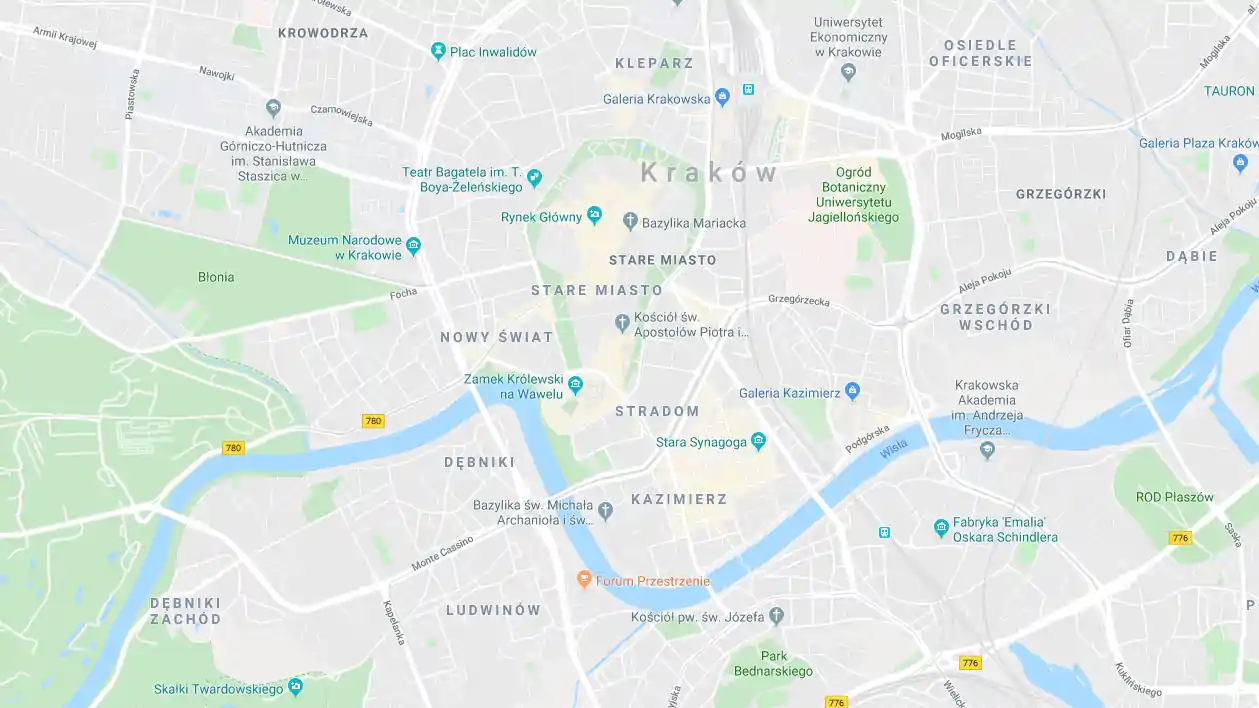Jewish cemetery in Dąbrowa Tarnowska
The Jewish cemetery in Dąbrowa Tarnowska was established between the 17th and 18th centuries at the junction of today's Warszawska and Berka Joselewicza Streets. During World War II, the Germans demolished the necropolis. c Some of these were used to reinforce the banks of the Breń River. Many of the gravestones from the cemetery were used to pave the walkway in the middle of the Market Square. They were also used to pave roads in Olesno. Some were buried in Szarwark and near Młynówka Creek, also known as Szarwarczanka, just behind the current sports pavilion of the Municipal and People's Sports Club Dąbrovia. After the end of hostilities, some of the tombstones were brought back to the cemetery. Over time, some have been buried and overgrown with moss and grass. However, around 150-200 gravestones have survived to this day in varying states of preservation.
The cemetery area comprises 2.4 hectares of level ground.. It lies in a tranquil, tree-shaded location, where six oak trees recognised as natural monuments stand out. At the entrance is a small ohel where the tzadikim were buried. Contemporary gravestones mark their graves.
In the centre of the cemetery are the mass graves of 800 Jews murdered by the Germans during the war. Two memorials remind us of these tragic events. One of these was erected by the Reichberg-Roth Foundation in the 1990s. The Congregation of the Mosaic Faith in Tarnów funded the second monument.
The last burial at the cemetery took place on 30 August 2005 was that ofLawyer Marceli Wajsbard.

